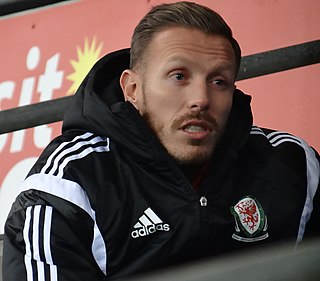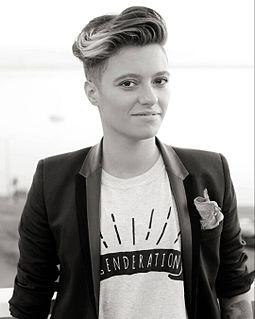A Quote by Olga Tokarczuk
I decided to write a crime novel. That genre was at the height of its popularity in Poland, so I thought it might earn me a bit of cash to go on with my work on 'The Books of Jacob.' I shut myself away for a few months and devoted myself entirely to 'Drive Your Plow Over the Bones of the Dead.'
Related Quotes
I didn't think [Ella Enchanted] would get published. Everything I'd written till then had been rejected. If it was published, I thought it might sell a few thousand copies and go out of print. I thought if I was lucky I could write more books and get them published, too. I still pinch myself over the way things have worked out.
Shut the door, they're coming through the window, shut the window, they're coming through the door," are the words to an old song. They fit my lifestyle with newly arriving butcher/censors every month. Only six weeks ago, I discovered that, over the years, some cubby-hole editors at Ballantine Books, fearful of contaminating the young, had, bit by bit, censored some 75 separate sections from the novel. Students, reading the novel which, after all, deals with censorship and book-burning in the future, write to tell me of this exquisite irony.
When I get about five readers I can rub together in one genre, I leave that genre and go somewhere else. And this is due to a vow that I made myself when I started writing - that if I had any success at all, I would not be bound to one form of writing. That I would write what moves me. The only way I can see me surviving and doing more than one book is to present the readers with a Dan Simmons novel, with whatever tropes and protocols from whatever genre I want to borrow them. If that builds a Dan Simmons readership, well then, okay. Otherwise, forget about it. I'd rather drive a truck.
The initiative of the Five Year Plan and of the accelerated collectivization belongs entirely to the Left Opposition, in uninterrupted and sharp struggles with the Stalinists. Not having the possibility of occupying myself here with long historical researches, I will limit myself to a single illustration. The Dnieprostroy is considered with right as the highest achievement of Soviet industrialization. Yet [Joseph] Stalin and his followers ([Clim] Voroshilov and others) a few months before the beginning of the work were decided opponents of the Dnieprostroy plan.
I think I was also afraid of the novel. I write line by line, proceeding at snail's pace, rewriting as I go and paring the excess away. This is against all the best advice for writing long form prose, and I have tried over the years to break myself of the habit, but I can't bear to leave anything ungainly on the page and half the fun for me is that tinkering. So the length of a novel was a daunting prospect.
The age of the book is not over. No way... But maybe the age of some books is over. People say to me sometimes 'Steve, are you ever going to write a straight novel, a serious novel' and by that they mean a novel about college professors who are having impotence problems or something like that. And I have to say those things just don't interest me. Why? I don't know. But it took me about twenty years to get over that question, and not be kind of ashamed about what I do, of the books I write.
What do you have in mind after you graduate?" What I always thought I had in mind was getting some big scholarship to graduate school or a grant to study all over Europe, and then I thought I'd be a professor and write books of poems or write books of poems and be an editor of some sort. Usually I had these plans on the tip of my tongue. "I don't really know," I heard myself say. I felt a deep shock, hearing myself say that, because the minute I said it, I knew it was true.




































